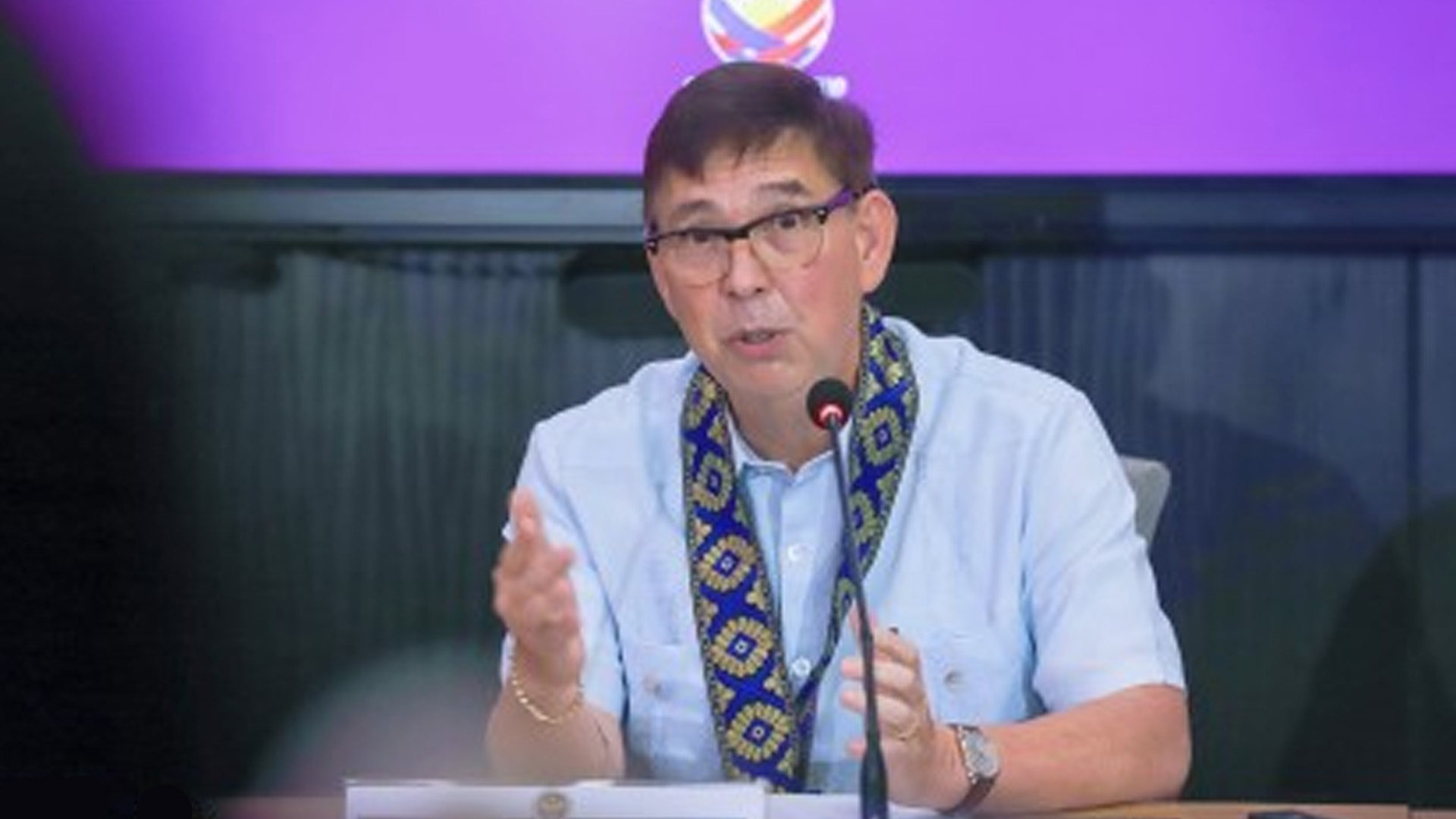Economists in the financial markets and academe said a review of macroeconomic growth targets under the government’s medium-term fiscal framework (MTFF) is not disconcerting and merely signals policy-makers’ openness to factor in more recent developments.
They were reacting to Finance Secretary Ralph Recto’s disclosure that the Development Budget Coordination Committee (DBCC) is currently evaluating MTFF goals to incorporate foreseeable effects of a protracted Russia-Ukraine conflict, the Israel-Hamas war, and other developments that might impact broad economic goals.
In an interview on Tuesday, veteran market analyst Astro del Castillo, managing director of First Grade Finance, said Recto did not signal pessimism because periodic reviews of economic targets are indicative of responsive governance and may even be welcomed by investors.
He pointed out that economists in the financial and capital markets have always taken a more conservative stance in relation to the growth targets set by the Department of Finance (DOF) and the National Economic and Development Authority (NEDA).
“Yes, we have considered the government’s economic growth forecasts… and it is widely believed that the upper end of these forecasts is somewhat optimistic anyway. I think the market will be satisfied with hitting the lower end of the band. Besides, they are only reviewing the targets… there is no certainty they will adjust it downward,” he added.
Carlos Manapat, chair of the economics department of the University of Santo Tomas, said it is not out of the ordinary for the administration’s economic team to recalibrate its policy to stay ahead of developments in two to four years.
He expressed confidence in the ability of government economists to anticipate future shocks because they are privy to a wealth of actionable information, allowing them to make policy adjustments before it is already too late.
“You need to recalibrate your policies today to match the economic issues in the future. Maybe he (Recto) sees a prolonged war (Ukraine, Gaza) or other economic shocks that may temper economic goals. They have to try to prepare for that now by reviewing their assumptions,” he told the Philippine News Agency.
Meanwhile, Roberto Galang Jr., dean of the Ateneo de Manila’s John Gokongwei School of Management, said it is unclear right now if the DOF and NEDA ought to adjust their growth targets upward or downward.
However, “reviewing targets are always good. Targets from 1.5 years ago may no longer be applicable,” he pointed out.
The DBCC reviews and approves macroeconomic targets, revenue projections, borrowing level, aggregate budget level and expenditure priorities, and makes appropriate recommendations to the President and Cabinet.
This cabinet-level body is composed of top officials of the DOF, NEDA, Department of Budget and Management, and Bangko Sentral ng Pilipinas. (PNA)








